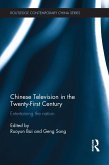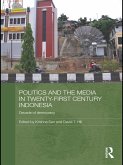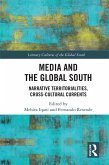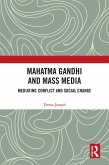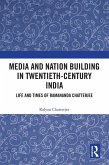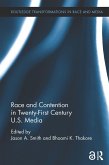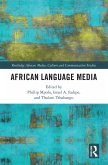The book explores the relation between the working of democratisation, by examining the role of ethnic identity and nationalism; increasingly cheaper and diversified means of media production, challenging state monopolies of the media; the reality of personalised and globalised media; and the challenging of the connection between a free media and democracy by global capitalism and corporate control of the media. The book argues that the dominant forces transforming Indonesia today did not arise from the singular point of Suharto's resignation, but from a set of factors which are independent from, but linked to, Indonesia's internal politics and which shape its cultural industries.
Dieser Download kann aus rechtlichen Gründen nur mit Rechnungsadresse in A, B, BG, CY, CZ, D, DK, EW, E, FIN, F, GR, HR, H, IRL, I, LT, L, LR, M, NL, PL, P, R, S, SLO, SK ausgeliefert werden.



